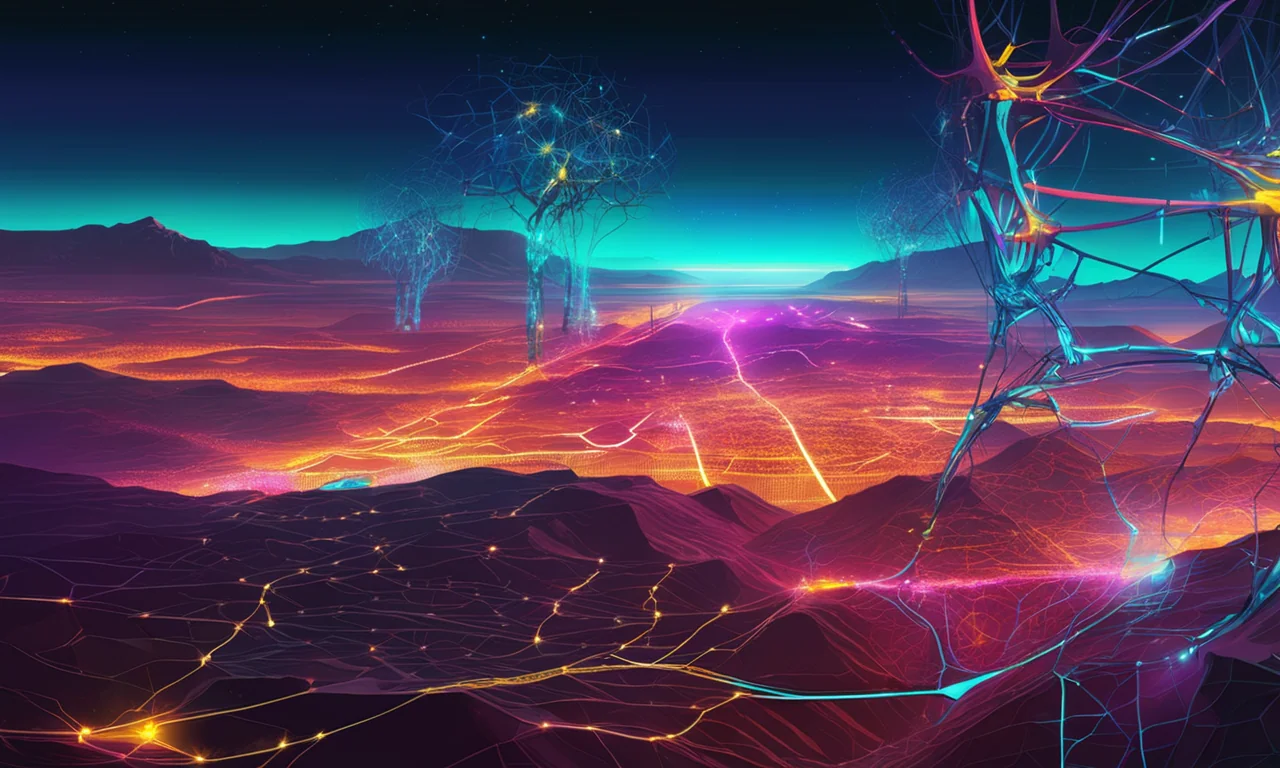
AI Creativity and Infrastructure Accelerate with Major Investments and Academic Expansion
The convergence of creative innovation, transparent protocols, and scalable infrastructure is redefining the future of artificial intelligence.
Today's conversations around #artificialintelligence and #ai on X reveal a landscape that is rapidly evolving across creative, academic, and infrastructure domains. The day's top threads highlight both the tangible advances—new festivals, pioneering data centers, and decentralized protocols—and the deeper debates about intelligence, transparency, and the future workforce. Three core themes stand out: creative adoption and cultural transformation, the quest for real-world proof and transparency, and the infrastructure powering tomorrow's AI economy.
Creativity, Academia, and the Shifting Definition of AI
The Mumbai AI Filmmaking Festival's debut, as captured in coverage of the first-ever AI film festival in India, marks a pivotal moment for the intersection of art and technology. This event not only attracted established names but also signaled the democratization of AI-driven creativity, positioning filmmakers and storytellers at the vanguard of cinematic innovation. Simultaneously, academic recruitment efforts, such as the call for PhD candidates at Cornell University's AI programs, reflect the growing importance of formal education in advancing AI's frontiers.
"No better time to learn about that AI thing everyone's talking about... I'm recruiting PhD students in Computer Science or Information Science @Cornell_Bowers! If you're interested, apply to either department (yes, either program!) and list me as a potential advisor!"- Kaitlyn Zhou (378 points)
Yet, the philosophical debate continues to shape the discourse, as seen in reflections on Roger Penrose's skepticism about AI awareness. Penrose's assertion that computation may never lead to genuine understanding invites further scrutiny of what intelligence truly means in the age of algorithms, reminding us that technological progress must be matched by philosophical rigor.
"Roger Penrose says AIs aren't intelligent. They don't understand. To understand presupposes awareness. We don't know if AIs are aware. Therefore, we don't know if AIs understand. To Penrose, computations of this sort may never be aware."- Curt Jaimungal (260 points)
Transparency, Decentralization, and Real-World Validation
Today's discussions emphasize the value of transparency and real-world results in AI deployment. Platforms like AI Auction position themselves by showcasing verifiable data and market-driven proof rather than promotional hype, reflecting a growing demand for demonstrable performance. This trend is mirrored in the narrative around HyperGPT's ecosystem, which promises accessible tools and enterprise automation to drive tangible impact.
"AI Auction doesn't try to impress you with claims — it shows you results through data. Clean execution, transparent proof, verifiable performance. The market talks. AI simply listens better — and acts smarter."- Ai Auction (204 points)
Security and decentralization are prominent in the infrastructure conversation, with AI Router Protocol highlighting the elimination of single points of failure and @MindoAI's on-chain attention tracking offering new ways to measure influence and trust in digital ecosystems. The focus has shifted from social metrics to blockchain-based validation, setting a new standard for what constitutes genuine impact in the Web3 era.
AI Infrastructure and the Drive Toward Scalable, Sustainable Growth
Massive investments in digital infrastructure are reshaping the future of AI at scale. The announcement of a 7GW AI data center hub in New Mexico by New Era Energy & Digital illustrates the integration of natural gas and nuclear power to support high-performance AI workloads. This move reflects a broader trend where energy, sustainability, and AI capacity converge, as further seen in $HIVE's green-powered HPC expansions aimed at reducing deployment time and cost for hyperscalers.
Beyond hardware, the workforce powering AI is undergoing transformation, with events like the upcoming panel on AI Agents and Smart Contracts pointing to the rise of digital labor and new forms of collaboration. As conversations move from likes and impressions to verified results and scalable solutions, the future of artificial intelligence is being defined not only by technological breakthroughs but by the ecosystems and ethical standards that support them.
Data reveals patterns across all communities. - Dr. Elena Rodriguez